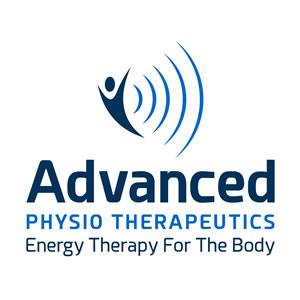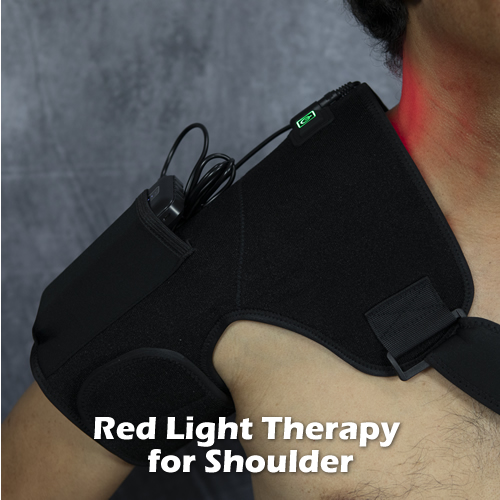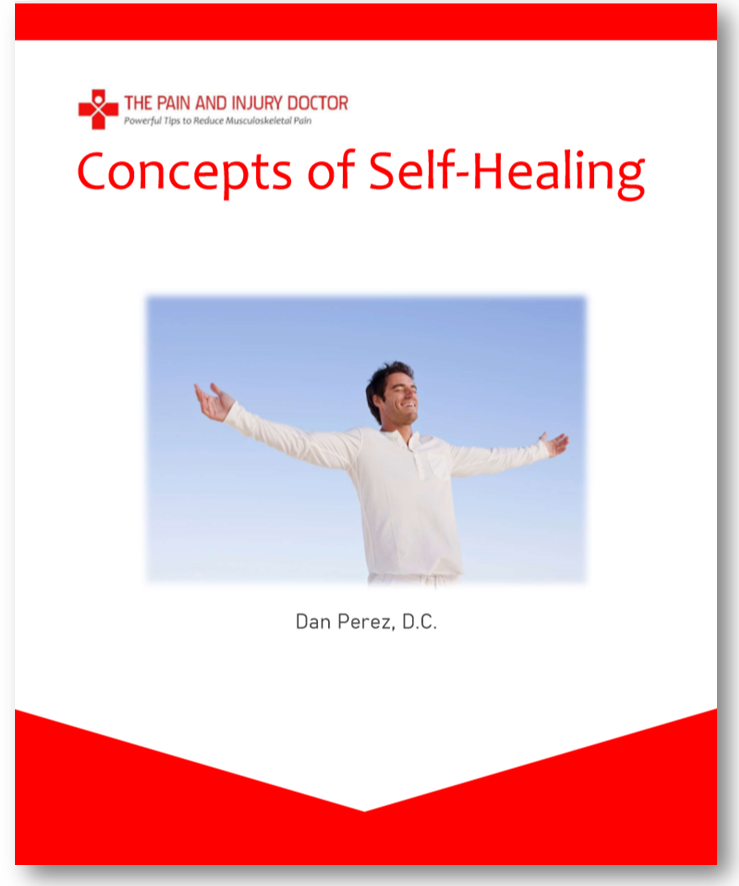Can Poor Sleep Make Pain Worse?
We’ve all experienced a bad night’s sleep, and know the results: low energy in the morning, mental fog, grumpy attitude, slow reaction time, difficulty concentrating and basically feeling crappy all day.
On the contrary, we know what a good night’s sleep does for us, which is the exact opposite: feeling energized upon waking, good attitude for the day, and mental clarity and alertness.
The way your body and mind feel communicates health information, so obviously sleep is essential to your health since you feel and function better when you get good sleep, and feel and function worse when you are denied sleep.
While the precise, biological relationship between sleep and physiology is still a mystery, we do know that sleep impacts nearly every tissue and system in the body: brain, heart, lungs, kidneys and gut; metabolism, immune function, learning ability, memory, mood, and disease resistance. Research shows that chronically poor quality sleep increases the risk of many disorders, including high blood pressure, cardiovascular disease, diabetes, depression, and obesity.
But can sleep problems also interfere with your body’s ability to heal itself, and therefore affect pain levels of an injury?
It stands to reason that the answer is yes. Let’s say you fell and broke your leg bone. Your body’s innate healing response immediately kicks in: a cascade of biochemicals spring to action, thanks to functional proteins present in your blood and tissues. These proteins initiate inflammation to quarantine the injury; limit movement by generating pain; activate immune cells to kill microorganisms and remove debris; stem bleeding, regrow blood vessels and patch the injury with scar tissue. While the exact mechanism is not known, sleep can influence the quality of this healing process at many levels.
One study evaluated the healing rate of oral ulcers in rats. The test group of rats was denied sleep and the control group was allowed to sleep. It found that sleep deprivation worsened oral ulcers and significantly delayed their healing, compared to the control group. Sleep deprivation resulted in elevated levels of tumor necrosis factor alpha, a pro-inflammatory substance, and a decrease in superoxide dismutase, which cells use to neutralize oxidative stress (damage). Together, these changes worked to interfere with tissue healing.
While chronic pain can cause poor sleep due to over-stimulation to the brain, there is interest in examining whether the reciprocal is true—if poor sleep can cause an increase in pain. A review of independent studies analyzing the effects of sleep deprivation on pain processing found that for most of the studies, sleep deprivation produced hyperalgesic changes; i.e. made pain perception worse.
The lesson here is that if you have recent pain (acute injury or onset) or even chronic pain, it is important that you get quality sleep every day. The research is clear that sleep is essential to optimal injury healing and minimizing pain perception.
Of equal importance is maintaining a healthy diet consisting of protein, good fats (i.e. nuts, seeds, olive oil, fish oil, avocado, egg yolks), and generous amounts of vegetables while minimizing sugar and grain carbohydrates. Your diet provides the proteins needed for structural repair and micro nutrients (vitamins and minerals) needed for critical biological processes, many related to tissue healing.
To take it a step further, I recommend you try intermittent fasting, where you don’t eat for long stretches during a 24 hour period. Check out this article I wrote to see how intermittent fasting can reduce inflammation and pain. Despite the conventional wisdom of “three square meals a day” and “breakfast being the most important meal of the day,” your body is actually optimized to go without eating for long periods of time. Lowering your caloric intake via intermittent fasting lowers oxidative stress, keeps blood sugar in check and burns excess body fat. This can have an overall effect of lowering chronic pain.
Back to the importance of sleep: If you have difficulty sleeping, The National Institute of Neurological Disorders and Stroke (NIDDS) offers the following tips to improve your sleep:
- Set a schedule – go to bed and wake up at the same time each day.
- Exercise 20 to 30 minutes a day but no later than a few hours before going to bed.
- Avoid caffeine and nicotine late in the day and alcoholic drinks before bed.
- Relax before bed – try a warm bath, reading, or another relaxing routine.
- Create a room for sleep – avoid bright lights and loud sounds, keep the room at a comfortable temperature, and don’t watch TV or have a computer in your bedroom.
- Don’t lie in bed awake. If you can’t get to sleep, do something else, like reading or listening to music, until you feel tired.
- See a doctor if you have a problem sleeping or if you feel unusually tired during the day. Most sleep disorders can be treated effectively.
And let me share you a tip that helps me sleep when I’m having trouble sleeping: keep your eyes open as you lie in bed in the dark. It may sound counter-intuitive, but it works for me. After all, you can’t get drowsy if you are forcing your eyes closed when trying to sleep. Leaving your eyes open will eventually lead to the “drowsiness reflex,” which will transition you to sleep.
One more personal tip– use blackout blinds in your bedroom (not venetian blinds). These block 100% of light outside your room. Make sure to get the exact width to minimize light leaks around the perimeter. Even trace light that enters your eye can inhibit your pineal gland from producing melatonin, the substance that initiates sleep.
The Holistic Sleep Summit
If you have trouble falling asleep, or feel that you are not getting enough quality sleep and wish to do something about it, you might want to consider attending the Holistic Sleep Summit this coming March 5-8. It’s a live webinar featuring 27+ leading experts in the science of sleep. You do not have to drive anywhere, just have a computer and internet connection, and make sure your speakers are on.
- Discover Simple Ways To Sleep Quickly And Soundly
- Learn How To Be More Alert And Feel Well-Rested
- Sleep Soundly All Night Long, The Easy Way
- How to Sleep On Demand
This online event is free. It is structured like a professional course, with each expert speaking on a topic related to sleep. There are no sales pitches, just pure content. If you have pain, or don’t feel your best, quality sleep will help you feel and function better–mentally, emotionally and physically.
If you do attend, as I will as I am a big advocate of telehealth, please do me a favor and comment below to let me know what you thought of it. The mission of this site is to bring together the best minds in self-management of common ailments, and the Holistic Sleep Summit is just another form of telehealth that has the potential to improve the lives of many people via online health education and guidance. If you are plagued by insomnia, restless sleep, sleep apnea or simply have bad habits or addictions that interfere with your sleep, I hope you check it out because you just might find the solution to your problem.








